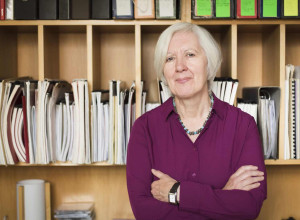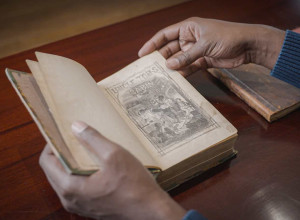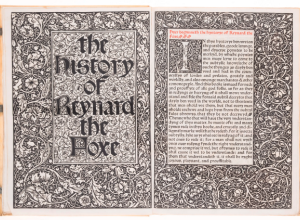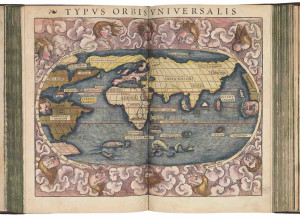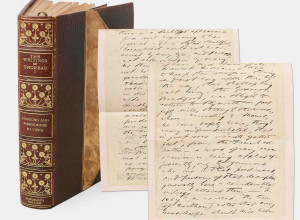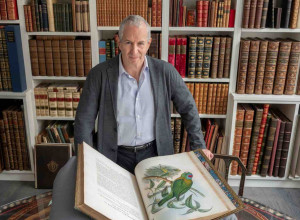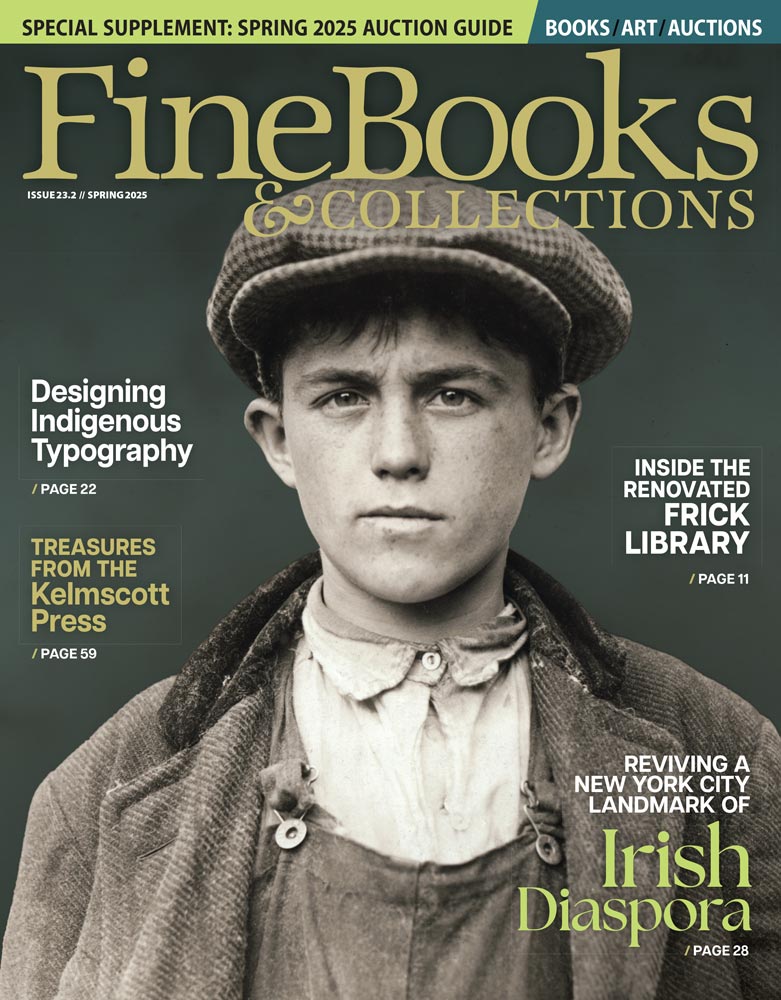Antiquarian Booksellers Reflect on 2020 and Plan for 2021
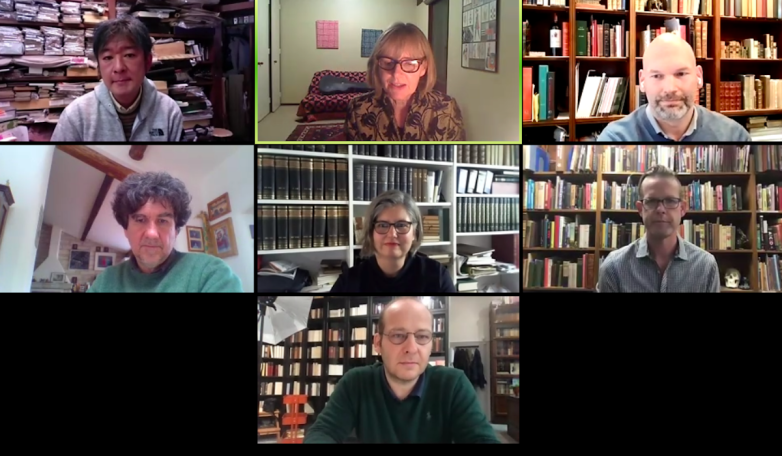
Yesterday, the International League of Antiquarian Booksellers (ILAB) held a webinar on “Wrapping up 2020,” a ‘bookend’ to its April seminar on how the antiquarian book trade was reacting to COVID-19 in the early days of the pandemic. The same group of panelists reassembled for a 90-minute program moderated by ILAB president and Australia-based bookseller Sally Burdon and asked broadly: what have we learned, how have we adapted, and how is business now? Participants included Mario Giupponi of Italy; Brad Johnson of the United States; Pom Harrington of the United Kingdom; Ryu Sato of Japan; Hervé Valentin of France; and Sibylle Wieduwilt of Germany.
In London, Pom Harrington said February and March were the toughest months “when we didn’t know what was happening.” Summer and the new online fairs returned a semblance of normalcy, he added, echoing Ryu Sato of Japan, who said simply, “Life goes on.” In Italy, Mario Giupponi said there have been a lot of difficulties due to the inability to hold in-person fairs and fewer open markets, which are meaningful meeting points for Italian collectors and booksellers. Similarly, Sibylle Wieduwilt, who runs Antiquariat Tresor am Römer in Frankfurt, Germany, said between the full lockdown earlier this year and the “light lockdown” now, foot traffic is way down. Difficult but not catastrophic is how Hervé Valentin described the situation for French booksellers. Like the other booksellers, he has participated in virtual book fairs and increased direct outreach to customers, which has helped immensely. Brad Johnson of johnson rare books & archives in Covina, California, reported that his shop has been closed since March 13, and with another major lockdown just announced there, it will remain so. Still, he said, they’ve kept busy by issuing lists and cataloging stock, and he likened online book fairs to “life boats.”
Online book fairs were the primary topic of conversation. The Antiquarian Booksellers’ Association of America’s recent Boston virtual antiquarian book fair brought in $1.1 million in sales, according to Johnson, who is now planning for the California version scheduled to open on March 4. Valentin is in the midst of final preparations for next week’s opening of the SLAM Virtual Winter Fair at which 140 exhibitors will show. (A full schedule of ILAB’s virtual fairs, including the forthcoming Stuttgart fair in January and Firsts: London in February, is here.)
So far, the platform and format for each online book fair has been different—and, in some cases, glitchy—which is something that is being addressed. One size doesn’t fit all, the booksellers agreed. Language and style need to be taken into account, as does each site’s ‘user-friendliness’ in terms of engaging potential buyers outside of the antiquarian and rare book bubble.
The booksellers were unanimous in their wish to return to in-person fairs but felt overall that online book fairs are evolving into something that could be useful post-pandemic. For example, one upshot of lower-cost virtual book fairs is that booksellers and collectors who might not otherwise travel to a book fair can now participate, said Harrington. “Maybe this technology we’ve created might be adapted to serve more of our membership,” said Johnson. Both Johnson and Wieduwilt talked about how cultural activities set up around the fair, such as lectures and tours, are important for broadening the audience—and these are easily transferable to an online environment, thanks to our new proficiency with Zoom and the like.
As the group looked forward to 2021, Sally Burdon mused that book tourism might be trendy since so many of us will be eager to travel again and attend book fairs. To that end, plans are afoot for ‘real’ fairs in London in May, Milan in June, and both New York and Paris in September.






